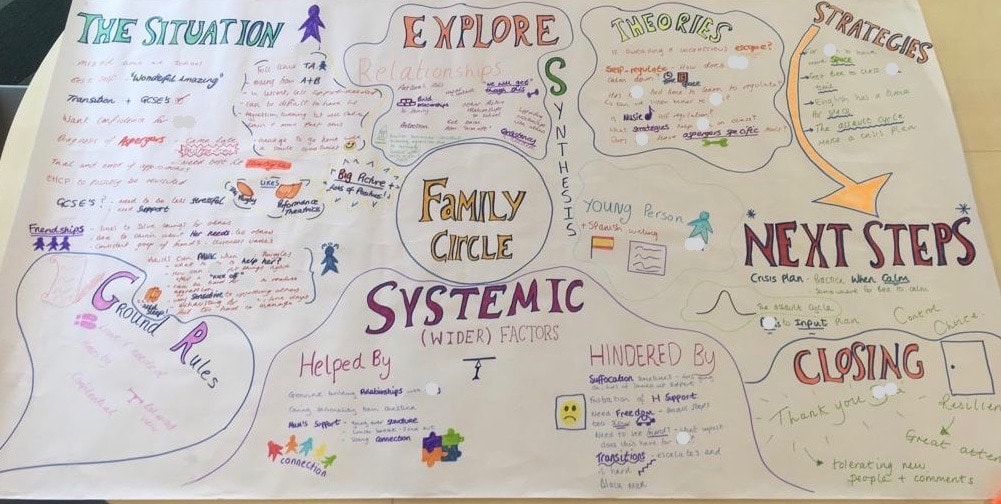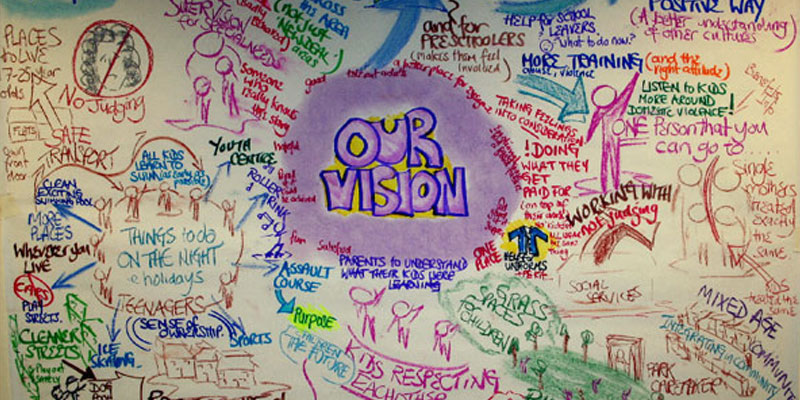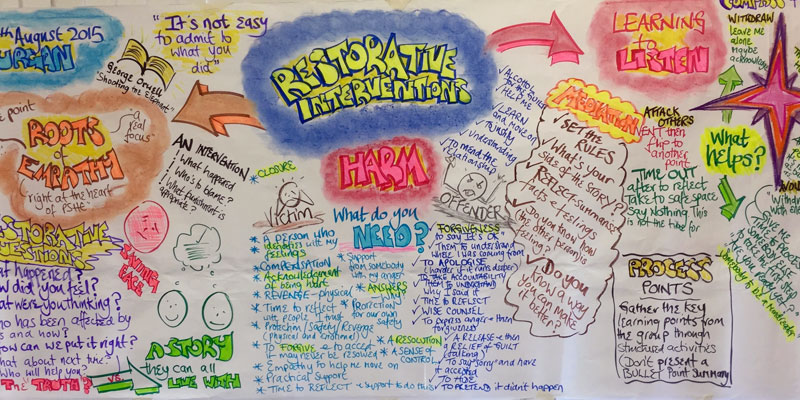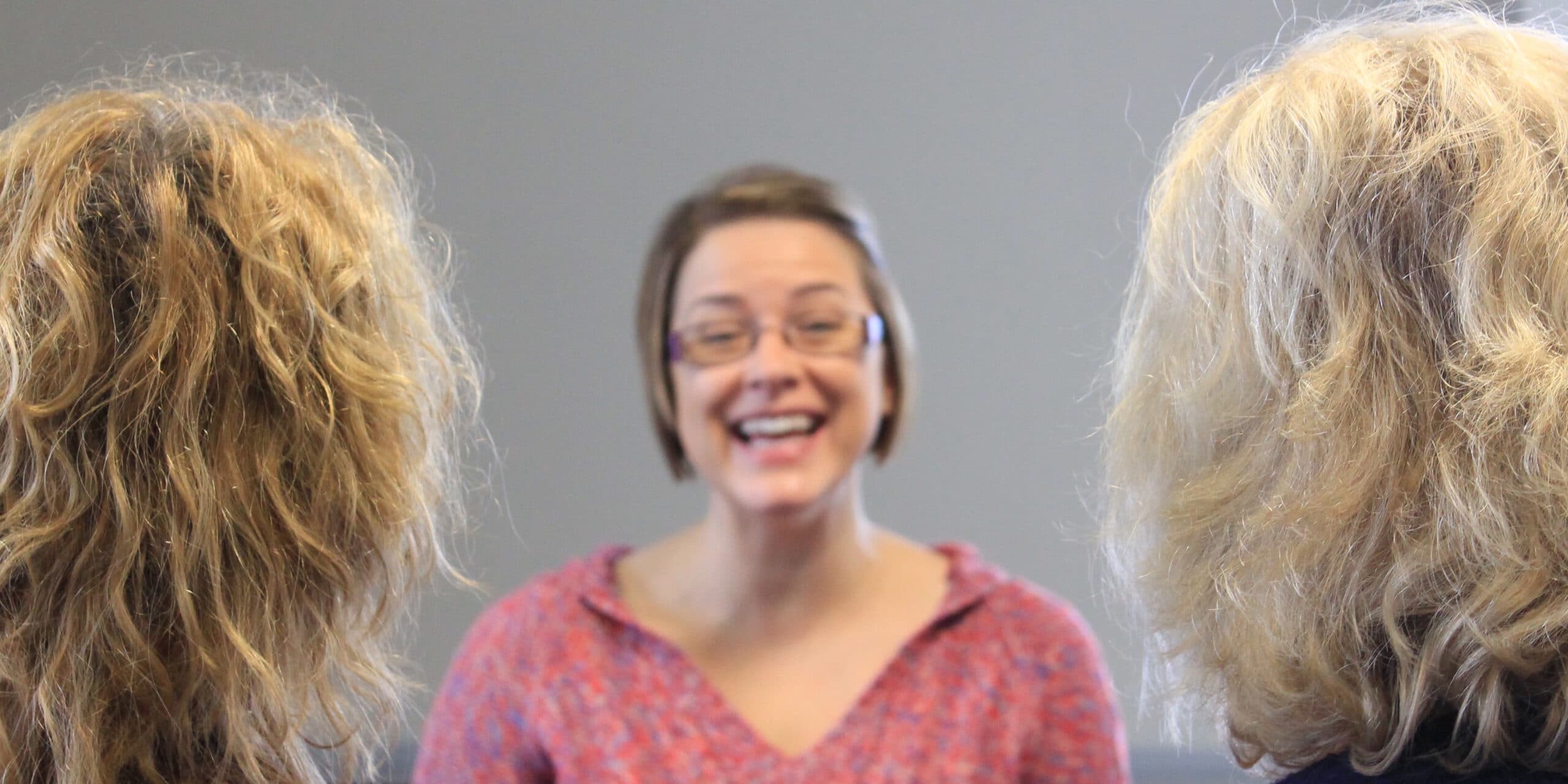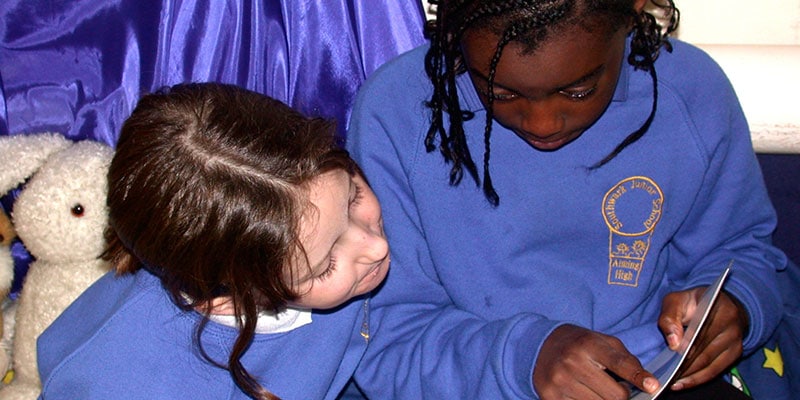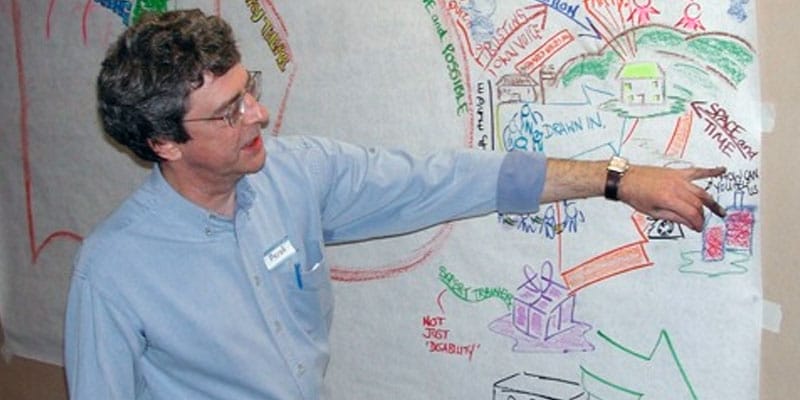Family Mapping – using MAP person centred planning process
To facilitate a family, in thinking together around a given challenge or issue, or to plan their future together in a respectful way – here is an opportunity to experience for real the person centred, futures planning tool – MAP (Pearpoint, Forest et. al. 1989).



